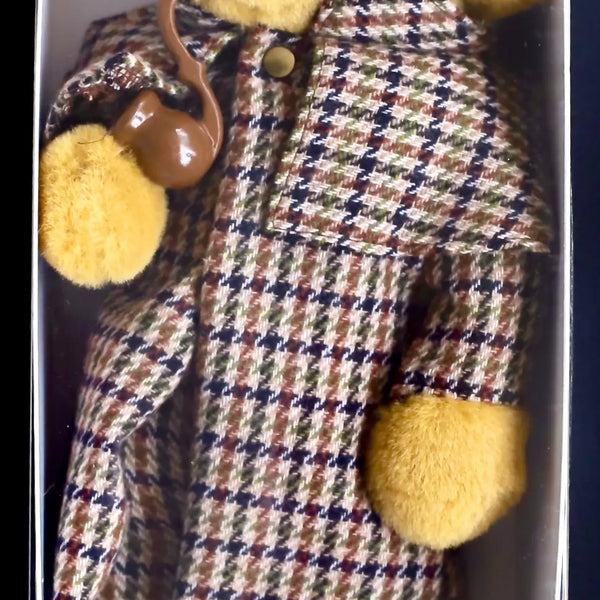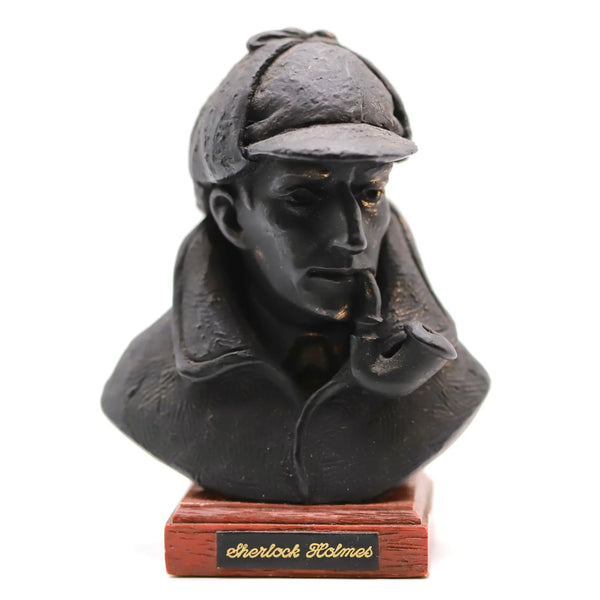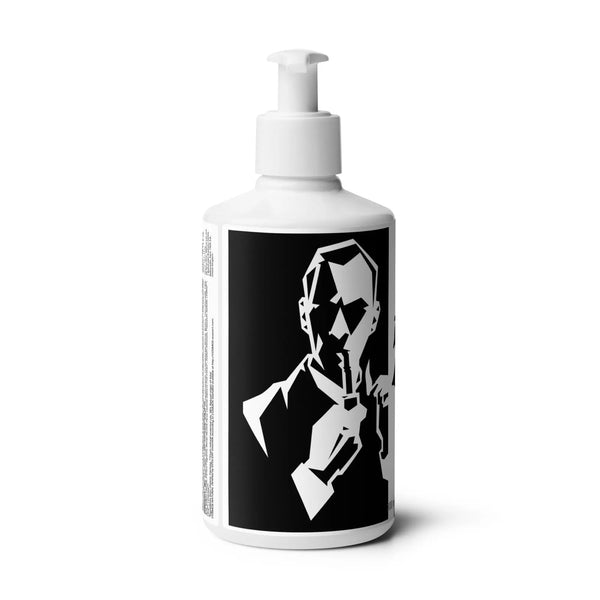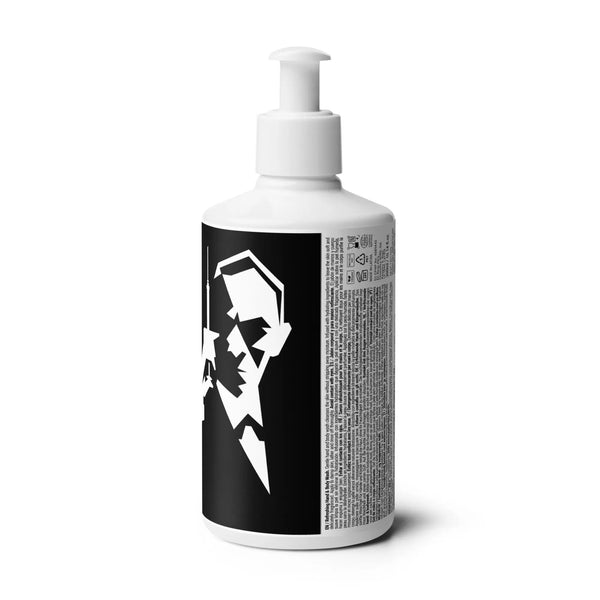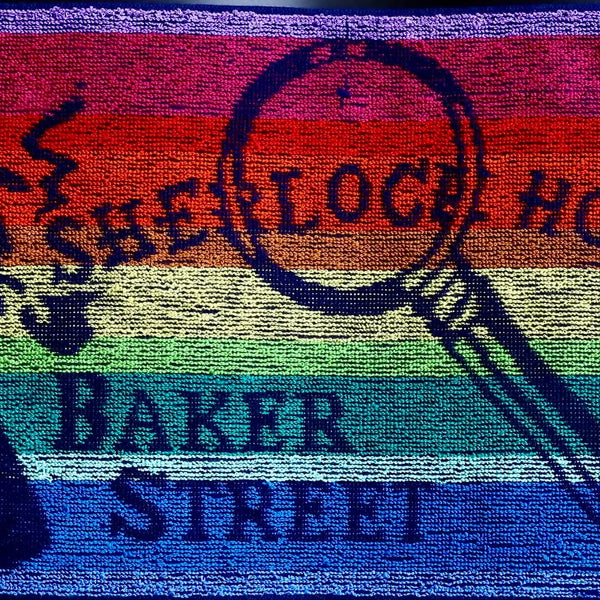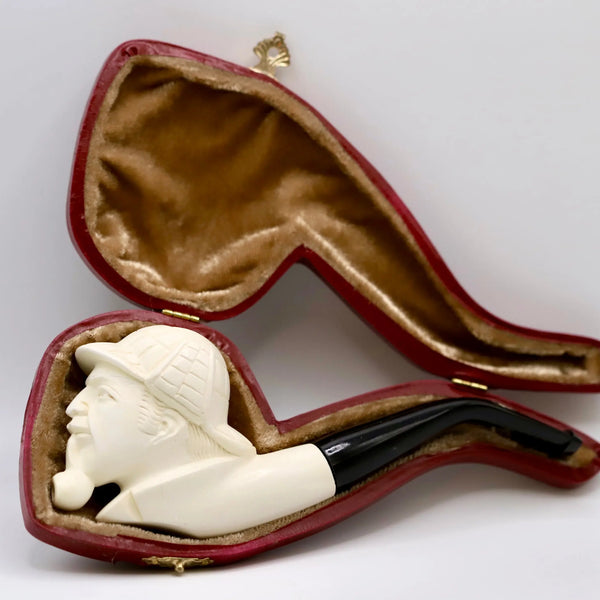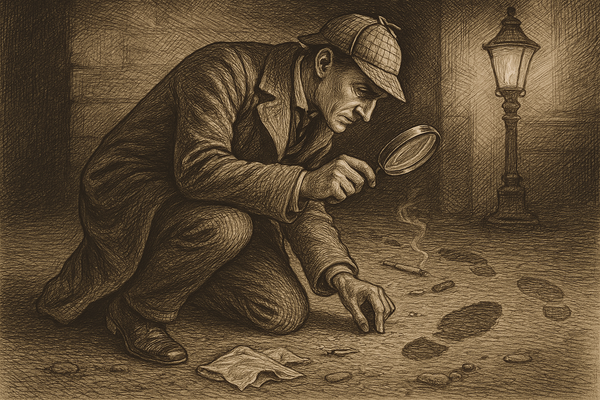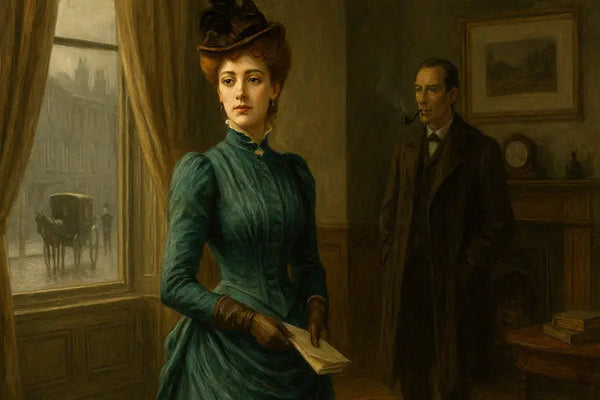Modern Sherlock Holmes TV series like BBC's Sherlock (2010-2017) starring Benedict Cumberbatch and CBS's Elementary (2012-2019) with Jonny Lee Miller successfully transport Sir Arthur Conan Doyle's famous detective to contemporary settings while preserving his core deductive methods and partnership with Watson.
Takeaways
-
BBC's Sherlock revolutionized Holmes adaptations by setting Benedict Cumberbatch's consulting detective in modern-day London with cutting-edge technology
-
Elementary reinvented the formula with Jonny Lee Miller as Holmes and Lucy Liu as Joan Watson, a female sober companion in contemporary New York
-
Global Appeal spawned international versions including Miss Sherlock (Japan) and various other cultural adaptations worldwide
-
Enduring Formula proves that Holmes's deductive methods and partnership with Watson remain compelling across different eras and settings
In the world of crime-solving television, there is perhaps no character more enduring than Sherlock Holmes. With his keen powers of observation, razor-sharp intellect, and uncanny ability to deduce the truth from the tiniest of clues, Holmes has become the epitome of a master detective across multiple generations. But how have modern TV series successfully transported this Victorian-era character into contemporary settings while maintaining his essential appeal?
From the bustling streets of modern London to the urban landscape of New York City, contemporary Holmes adaptations have navigated the complex world of modern crime-solving with unwavering determination. With innovative takes on his trusty companion, Dr. John Watson, these series have tackled seemingly unsolvable mysteries, relying on Holmes's astute observation and logical reasoning enhanced by modern technology.
The Revolutionary Impact of Benedict Cumberbatch's BBC's Sherlock
BBC's Sherlock, created by Steven Moffat and Mark Gatiss, revolutionized how audiences perceive modern Sherlock Holmes adaptations. Benedict Cumberbatch's portrayal of the titular character as a "high functioning sociopath" brought a contemporary edge to Arthur Conan Doyle's famous detective. Set in modern-day London, the series cleverly integrated smartphones, GPS tracking, and social media into Holmes's traditional deductive methods.
The pilot episode established the dynamic between Benedict Cumberbatch and Martin Freeman's Dr Watson, transforming the Victorian-era military doctor into an Afghanistan war veteran suffering from PTSD. This modern interpretation maintained the core friendship while addressing contemporary issues of trauma and recovery.
Innovative Storytelling Techniques
The British television series employed groundbreaking visual techniques to showcase Sherlock's methods. Text messages appeared on screen, deductive reasoning was visualized through floating text, and modern technology became seamlessly integrated into the detective's thought processes. Each of the thirteen episodes across four series demonstrated how classical detective stories could be adapted for modern audiences without losing their essential mystery and intrigue.
Steven Moffat's writing particularly excelled in episodes like "A Study in Pink" and "The Reichenbach Fall," where traditional Sherlock Holmes stories were reimagined with contemporary twists. The series received positive reviews for its clever adaptation of original stories while creating entirely new narratives that felt authentically Holmesian, demonstrating mastery of the art of deduction in modern settings.
Elementary: A Fresh American Perspective
CBS's Elementary took a boldly different approach to modern Sherlock Holmes adaptations. Jonny Lee Miller portrayed Holmes as a recovering addict living in contemporary New York, addressing the character's substance abuse issues head-on rather than romanticizing them. This version of Holmes worked as a consulting detective with the NYPD, bringing his unconventional methods to American crime-solving.
The series ran for seven seasons, proving that alternative interpretations of Holmes could sustain long-term storytelling. Miller's Holmes displayed the character's brilliant deductive abilities while dealing with heroin addiction recovery, making him more vulnerable and human than many previous adaptations.
Lucy Liu's Joan Watson Revolution
Perhaps Elementary's most significant innovation was casting Lucy Liu as Joan Watson, reimagining the character as a former surgeon turned sober companion. This gender-swapped Watson brought fresh dynamics to the Holmes-Watson partnership, moving beyond the traditional male friendship to explore different relationship possibilities.
Joan Watson's character development throughout the series showed her evolution from sober companion to accomplished detective in her own right. Lucy Liu's performance demonstrated that Watson could be reimagined without losing the character's essential supportive role while adding new dimensions to the partnership.
Global Adaptations and Cultural Interpretations
International Modern Sherlock Holmes Series
The success of BBC's Sherlock and Elementary sparked international interest in modern Sherlock Holmes adaptations. Miss Sherlock, a Japanese adaptation, reimagined both Holmes and Watson as women in contemporary Tokyo, proving the character's universal appeal across cultures and genders.
Russian television produced their own modern interpretation, while other countries explored how Holmes's deductive methods could be adapted to different cultural contexts. These adaptations demonstrated that the core appeal of Sherlock Holmes stories transcends national boundaries and cultural differences.
Enola Holmes: A Fresh Family Perspective
Netflix's Enola Holmes series represents another innovative approach to modernizing the Holmes universe, though set in the Victorian era rather than contemporary times. Starring Millie Bobby Brown as Sherlock's teenage sister, the films bring a youthful energy and feminist perspective to the Holmes family dynamic.
While not technically a modern setting adaptation, Enola Holmes employs contemporary storytelling techniques, breaking the fourth wall and addressing modern themes of women's rights and independence. The series demonstrates how the Holmes detective methods can be passed down through family lines, with Enola displaying the same observational skills and deductive reasoning as her famous brother, but with her own unique approach to solving mysteries.
Maintaining Holmes's Essential Character
Despite different settings and interpretations, successful modern Sherlock Holmes TV series maintain certain essential elements. The character's almost sociopathic disdain for ordinary social conventions, his brilliant deductive abilities, and his complex relationship with Watson remain central to these adaptations. Whether portrayed by Benedict Cumberbatch, Jonny Lee Miller, or international actors, Holmes retains his status as the great detective.
The Science Behind Modern Detective Work
Technology Enhanced Deduction
Modern Sherlock Holmes adaptations cleverly integrate contemporary technology with traditional deductive methods. Smartphones become tools for rapid information gathering, GPS tracking assists in following suspects, and social media provides insights into criminal behavior. These technological enhancements don't replace Holmes's observational skills but amplify them for modern audiences.
The consulting detective's methods now include digital forensics, online research, and technological surveillance, all while maintaining the character's fundamental approach to solving crimes through careful observation and logical reasoning. This blend of old and new demonstrates how timeless detective principles can be enhanced by modern tools.
Forensic Science Integration
Contemporary Holmes adaptations incorporate modern forensic techniques that were unavailable to Arthur Conan Doyle's original character. DNA analysis, advanced fingerprinting, and sophisticated chemical testing become part of Holmes's investigative toolkit. However, the best adaptations ensure that technology supports rather than replaces the character's legendary deductive abilities, continuing to demonstrate the Sherlock Holmes effect on modern crime-solving methods.
Character Development in Modern Settings
The Evolution of Supporting Characters
Modern Sherlock Holmes series have expanded and developed supporting characters beyond the original stories. Greg Lestrade, Mrs. Hudson, Irene Adler, and other characters from Conan Doyle's stories receive more substantial roles and character development. New characters like Molly Hooper in BBC's Sherlock or Captain Gregson in Elementary add contemporary elements while respecting the source material.
The relationship between Holmes and other characters often explores modern themes of mental health, addiction, and social relationships. These contemporary elements add depth to the stories while maintaining the essential mystery-solving focus that defines Sherlock Holmes stories.
Moriarty in the Modern Era
Both major modern Sherlock Holmes adaptations have reimagined Professor Moriarty for contemporary audiences. Andrew Scott's portrayal in BBC's Sherlock presented a charismatic yet terrifying modern criminal mastermind, while Elementary explored different interpretations of Holmes's greatest adversary. These modern Moriartys demonstrate how classic villains can be updated while maintaining their essential threat to Holmes.
The Future of Modern Sherlock Holmes Adaptations
Evolving Storytelling Formats
As television continues to evolve, modern Sherlock Holmes adaptations experiment with different storytelling formats. Limited series, feature-length episodes, and streaming platforms offer new opportunities for exploring Holmes's character in contemporary settings. The success of recent adaptations proves that audiences remain hungry for fresh interpretations of these timeless detective stories.
The influence of modern Sherlock Holmes series extends beyond television, inspiring films, books, and other media interpretations. Robert Downey Jr.'s film portrayals and other contemporary adaptations continue to explore how Holmes can be reimagined for modern audiences while maintaining his essential appeal.
FAQ: Modern Sherlock Holmes
What makes BBC's Sherlock different from other Holmes adaptations?
BBC's Sherlock uniquely transplants Holmes to modern-day London with contemporary technology, featuring Benedict Cumberbatch as a "high functioning sociopath" and innovative visual storytelling techniques that display his deductive reasoning on screen.
How does Elementary's Joan Watson differ from traditional Watson portrayals?
Lucy Liu's Joan Watson is reimagined as a female former surgeon turned sober companion, bringing fresh dynamics to the Holmes-Watson partnership while evolving into an accomplished detective herself throughout the series.
Are modern Holmes adaptations faithful to Arthur Conan Doyle's original stories?
While modern adaptations update settings and incorporate contemporary elements, the best ones maintain Holmes's essential deductive methods, his relationship with Watson, and the core mystery-solving elements that define the character.
Which modern Sherlock Holmes series ran the longest?
Elementary ran for seven seasons from 2012-2019, making it the longest-running modern Holmes adaptation, while BBC's Sherlock produced thirteen episodes across four series from 2010-2017.
How do modern Holmes adaptations handle the character's drug use?
Elementary directly addresses Holmes's heroin addiction as part of his character development, while BBC's Sherlock occasionally references substance use but focuses more on his intellectual obsessions and personality quirks.
What role does modern technology play in contemporary Holmes adaptations?
Modern technology enhances rather than replaces Holmes's deductive abilities, with smartphones, GPS, social media, and advanced forensics serving as tools that amplify his traditional observational skills and logical reasoning.
The Enduring Appeal of the Great Detective
Modern Sherlock Holmes TV series have successfully demonstrated that Arthur Conan Doyle's famous detective remains as compelling in contemporary settings as he was in Victorian London. Through innovative adaptations like BBC's Sherlock and Elementary, the character has evolved while maintaining his essential appeal as the consulting detective who can solve any mystery through careful observation and logical deduction.
The success of these modern interpretations proves that Holmes's methods transcend time periods and cultural boundaries. Whether portrayed by Benedict Cumberbatch's brilliant but abrasive genius or Jonny Lee Miller's recovering addict seeking redemption, the character continues to captivate audiences with his extraordinary talent for solving crimes.
As television continues to evolve and global audiences embrace diverse interpretations of classic characters, modern Sherlock Holmes adaptations will undoubtedly continue to find new ways to reinvent the great detective for future generations. The enduring legacy of these contemporary series lies not just in their entertainment value, but in their proof that timeless storytelling principles can be successfully adapted for any era while maintaining their essential appeal and mystery.








